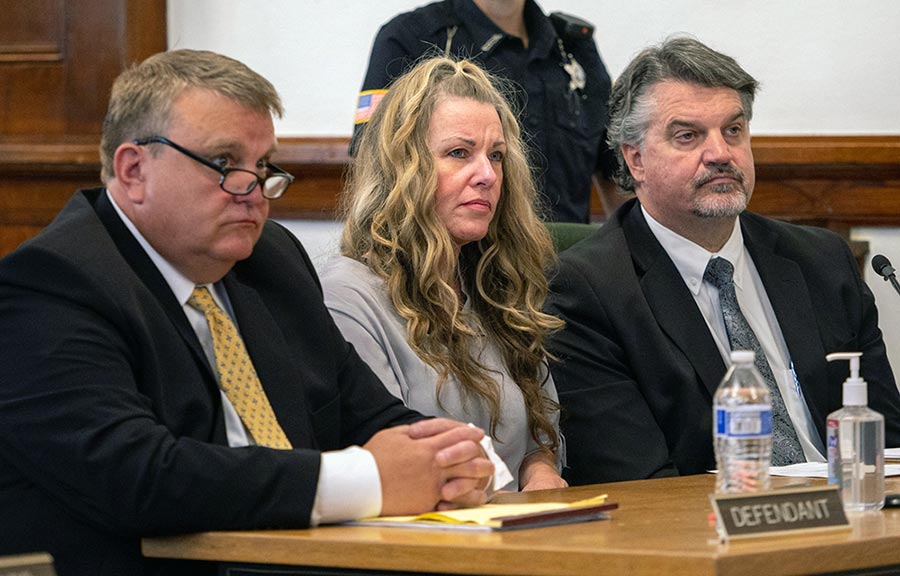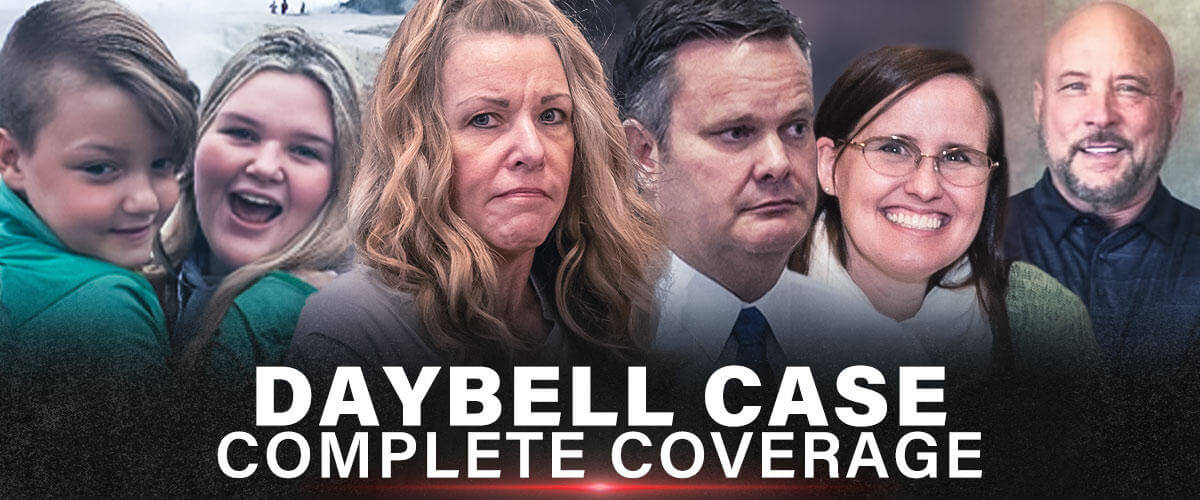Death penalty in Idaho: Defense Attorney John Thomas explains
Published atBOISE — Chad Daybell could face the death penalty if he is found guilty of murdering his first wife, Tammy Daybell, and Tylee Ryan and Joshua “JJ Vallow, two children belonging to his current wife Lori Vallow Daybell.
Certain qualifications must be met in order for prosecutors to seek the death penalty in Idaho.
John Thomas, one of Lori Vallow Daybell’s attorneys, sat down with EastIdahoNews.com to answer some frequently asked questions about the death penalty in the Gem State.
What does it take to be a death penalty-qualified attorney in Idaho?
You can either be a first or second chair death penalty-qualified attorney in Idaho. If you’re a first chair, you’re in charge of the defense. A second chair assists.
“In order to become a first chair, you have to sit on a death penalty case as a second chair attorney and then you move up,” Thomas explains.
If a defense attorney wants to become death penalty certified, they fill out an application detailing how many felony cases they have tried in court. It’s vetted by a group of attorneys and if approved, a mentor is assigned.
Jim Archibald, Lori Vallow Daybell’s other attorney, was Thomas’s mentor.

“We’ve done probably five or six death penalty cases together. None of them have gone all the way to trial. We were thinking Lori Vallow might go all the way to trial but a few weeks before it started, we ended up getting death penalty off the table,” Thomas says.
Having the death penalty removed was a win for Thomas and Archibald and they say any time they can have the life of their client spared from execution, it’s a victory worth noting.
What kind of cases qualify for death penalty in Idaho?
There has to be a homicide and certain qualifiers must be in place for prosecutors to seek the death penalty.
“There could be a mass shooting where more than one person dies. There could be something specifically atrocious and cruel in the way they killed the person,” Thomas says. “If the person has a high propensity to kill again or if there is a death involving a police officer in Idaho, they automatically go for the death penalty. Also if you kill someone while you’re an inmate in prison, you’re automatically qualified for death.”
There are other qualifications, according to state law, and prosecutors must declare within 60 days of arraignment if they intend to seek the death penalty.
What are the differences in death versus non-death trials?
“Death penalty is just different,” Thomas says. “You get a lot more leeway in your defense. You can ask a lot more questions, you can put on a lot more witnesses, everything is on the table in a death penalty case.”
A mitigation expert is hired to assist the defense in death penalty cases. The expert researches everything about the defendant and their background. They “turn it upside down and shake it out,” Thomas says.
There are two tracks in death penalty cases. The pre-conviction phase – where the jury decides if the defendant is guilty or guilty – and the punishment phase, where they determine if the defendant gets life in prison or death.
Defense attorneys and prosecutors have to be ready for both phases and different witnesses could be called either phase.
“You’ll have a majority of the witnesses on your witness list who will be for the penalty phrase. Those are witnesses who will be able to tell the story of the person who was convicted of first-degree murder,” Thomas explains.
The penalty phase could take a week or two and the jury is sequestered. Once the second phase of the trial is over, the jury deliberates and every juror must agree the defendant should die or a sentence of life in prison is imposed. Judges do not declare the punishment in a death penalty case.
When someone receives the death penalty, why does it take years before they are executed?
There are mandatory appeals that must be filed before someone is put to death. There are other appeals attorneys will often file and Thomas says that keep safeguards in place.
“It takes a lot to kill a person and if the state and government is going to take someone’s life, we want to make sure absolutely that this person actually did it,” Thomas says.

He points to Christopher Tapp, one of his other high-profile clients. The prosecutor in the original case over 25 years ago sought the death penalty but the judge denied the request. Tapp was ultimately released from prison two decades after being sentenced for a crime he did not commit.
“I’m glad (the judge rejected the death penalty) because 20 years and 58 days later, we have a guy who was taken out of prison and we find the guy who actually did the murder,” Thomas says. “We don’t want to kill someone unless they really deserve it. The death penalty is reserved for the worst of the worst.”
Watch our entire interview with John Thomas in the video player above.



